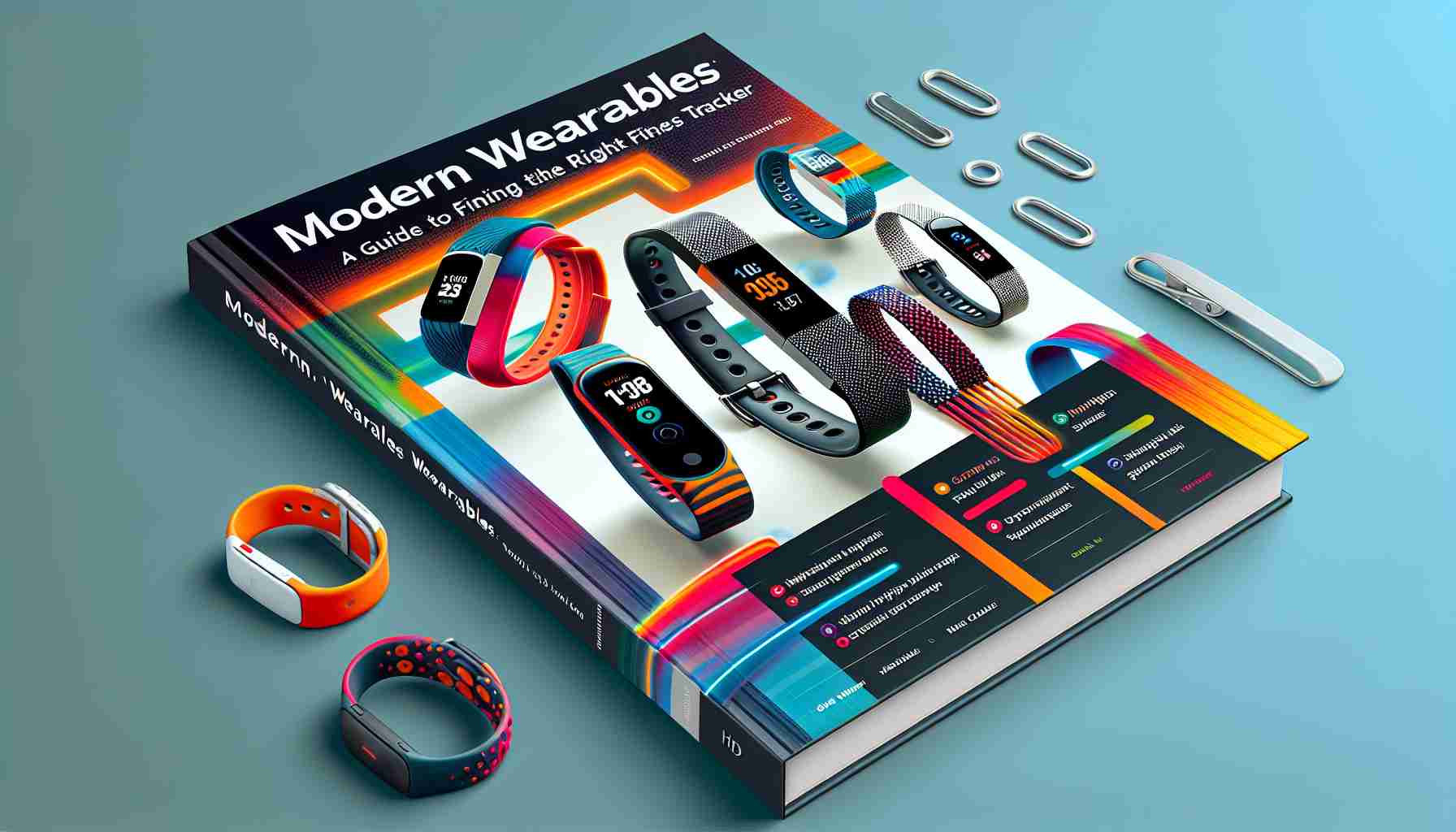The Evolution of Fitness Technology
There’s an unmistakable buzz around health and wellness technology. Whether in the workplace or social spaces, individuals are increasingly conversant with metrics like heart rate variability over commonly known facts like their own social security numbers. This surge in interest has propelled the industry of wearable technologies to reinvent itself with powerful devices geared towards exercise, recovery, and sleep monitoring.
These modern gadgets, boasting longer battery life, highly accurate GPS tracking, and even notifications for abnormal heart rhythms, are becoming staples for fitness enthusiasts. Here’s an insight into the top wearable choices that have undergone testing, each with their unique features and benefits.
Apple Watch Ultra 2: More Than Just Time
For those deeply embedded in the Apple ecosystem, the Apple Watch Ultra 2 has emerged as a vital tool, despite its hefty price tag. With its durable titanium build and bright display, it serves as a mini-smartphone, granting access to apps, music, and more. Additionally, newer features like on-device Siri and a precision finder elevate the watch’s functionality. However, athletes might find its size cumbersome, and its array of features, overwhelming.
Conquer the Peaks with Polar Grit X2 Pro
Those with adventurous spirits might gravitate towards the Polar Grit X2 Pro. Despite its significant cost, the watch justifies its price with military-grade navigation and a durable build. Ideal for extreme expeditions, it retains basic fitness features like heart rate-based effort level assessment alongside its sophisticated navigation capabilities.
COROS Vertix 2s: The Athlete’s Choice
COROS has positioned the Vertix 2s as the go-to for professionals. Its precise heart rate sensor and comprehensive app integration cater to high-performance users. The Vertix 2s, with its robust design, promises to endure extreme conditions, supporting athletes in the toughest of environments.
The Runner’s Companion: Garmin Forerunner 935
A longstanding favorite for runners, the Garmin Forerunner 935 is lauded for its light weight and useful training data. Unlike other wearables that inundate users with raw data, the Forerunner 935 offers valuable insights and tailored suggestions to enhance training efficiency and prevent injury.
Google Pixel Watch: The Android Alternative
For Android loyalists, the Google Pixel Watch presents itself as a strong competitor to the Apple watch. It stands out with an expansive range of workouts and stress management features. While it may not delve deeply into analytics like the COROS or Polar models, it strikes a balance for those seeking integration with their smartphone ecosystem.
Important Questions and Answers:
1. What should consumers look for when choosing a fitness tracker?
Consumers should consider battery life, accuracy of metrics such as GPS and heart rate monitoring, integration with other apps and devices, durability, and specific features that align with their fitness and health goals.
2. How do fitness trackers aid in improving health and wellness?
Fitness trackers provide users with data on their daily activity levels, workouts, sleep patterns, heart rate, and more, enabling them to set and track goals, monitor progress, and make informed health decisions.
3. Are there privacy concerns associated with using fitness trackers?
Yes, fitness trackers collect personal health data, which can raise privacy concerns. Users should review privacy policies and ensure their data is encrypted and their privacy preferences are set.
Key Challenges and Controversies:
A primary challenge for consumers is to find a fitness tracker that accurately meets their needs without being overwhelmed by unnecessary features or data. Additionally, the reliability of the data provided and the interpretation of health metrics remain a concern for some. Privacy and security of personal health data is another controversial aspect, as these devices often sync with cloud services.
Advantages and Disadvantages:
Advantages:
– Encouragement to lead a more active lifestyle
– Personalized data to track health progress
– Potential to detect early signs of health issues
– Motivation through goal setting and achievements.
Disadvantages:
– Cost can be prohibitive for some individuals
– Data accuracy can vary between devices
– Risk of data privacy breaches
– Dependency on technology for health management
For further information on wearable technology and fitness trackers, users may refer to the following credible sources:
– Apple
– Polar
– COROS
– Garmin
– Google
Ensure to visit the manufacturers’ main websites for the most up-to-date and detailed information on their respective fitness trackers and wearables.
